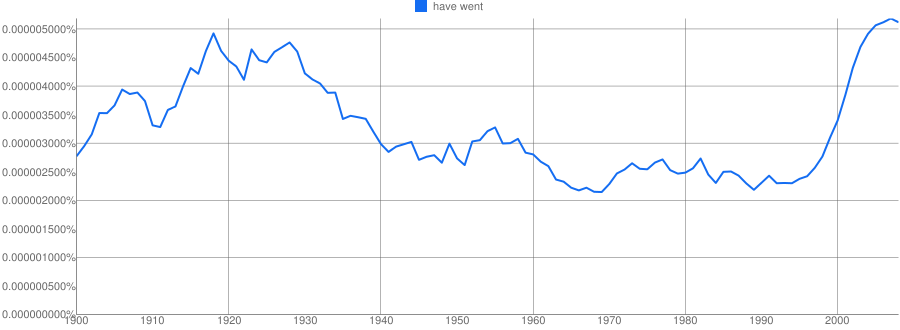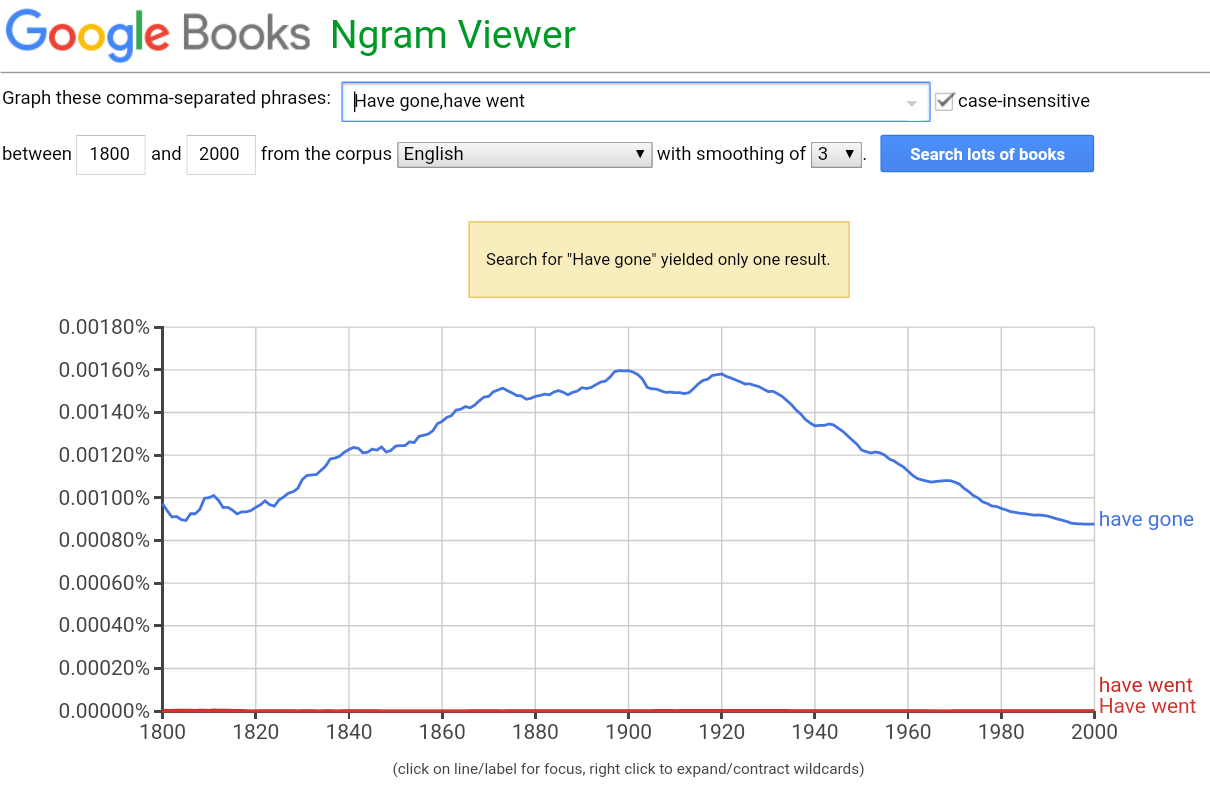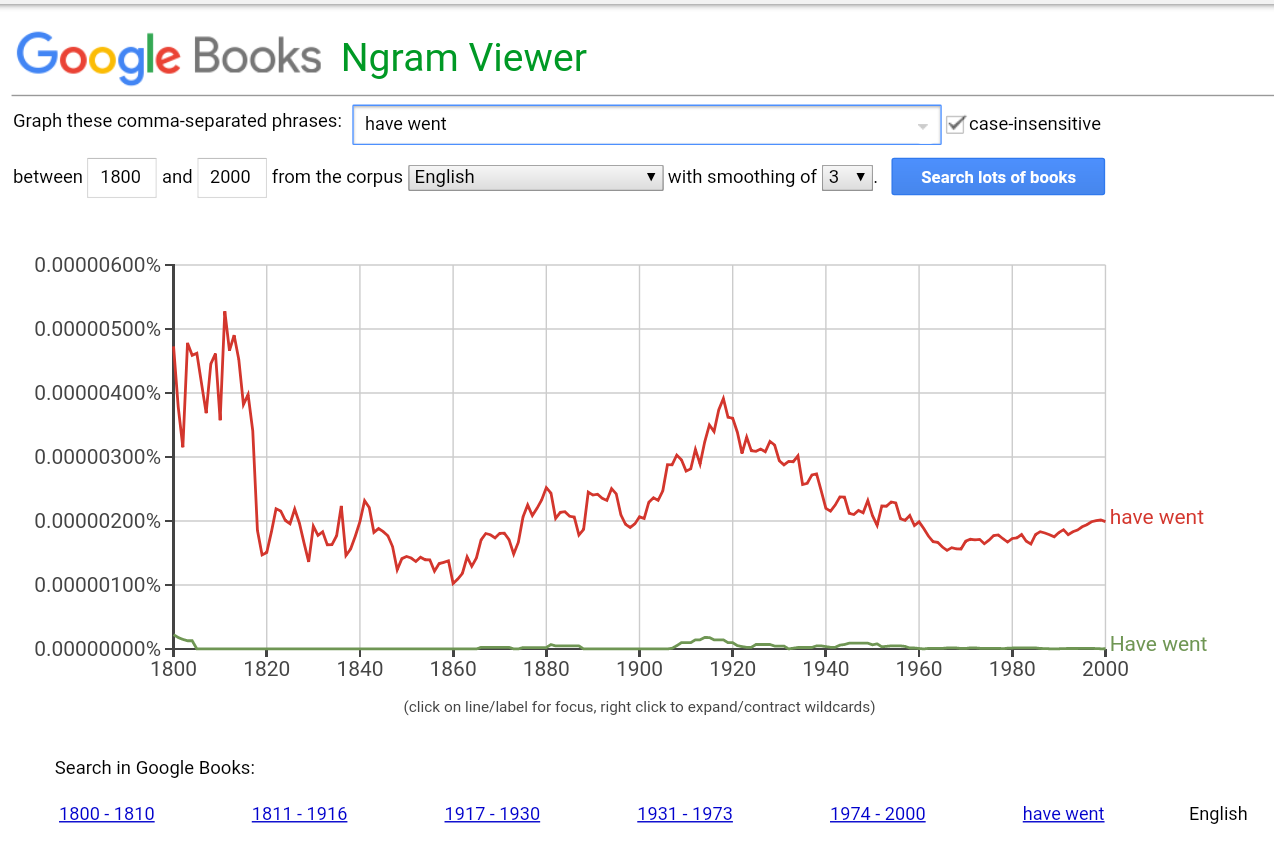It is totally common in American speech, news interviews etc. The usage spans all the way from 2017-1990 in COCA alone with 117 hits - though, I imagine this isn't a real representation as not every spoken conversions, transcripts or interviews are recorded.
Date: 2017 (170718)
Title: Congress just face plant on repealing and replacing Obamacare despite promise after promise that they would get it done, senate Republicans are coming up empty handed to their vow to voters; Top Obama
Source: SPOK: THE FOX NEWS SPECIALISTS 5:00 PM EST
, look what I've got here? SCHLAPP# that the intelligence committee will have that information, and the person to watch there is Samantha Power. BOLLING# David, some of the other news that broke this afternoon was that Dianne Feinstein, Senator Feinstein, said that she had spoken to special counsel Robert Mueller, and that he was OK with Donald Trump, Jr., and Paul Manafort testifying in an open hearing. AVELLA# Yeah. It will be interesting and insightful. But I must say, when all this news came out, President Obama must have went, oh, my gosh, every time she says something she raises more questions than answers questions. (CROSSTALK) WILLIAMS# I don't think so at all. AVELLA# And when you think about it, if you watch any Sunday show she was on, she raised far more questions about the actions that happen in that White House, who knew about what was going on, and in a White House that was politically motivated as that White House was, to think that she was the only person that knew
Date: 2017 (17-10-27)
Title: Wife of Lions coach shares cancer battle as a warning
Source: NEWS: The Detroit News
. # Then, the results came back: stage 3 cancer that did not get to
the bones or liver. # Getting through dark days # Throughout her
journey, Amy Kocurek shared what she was going through on Facebook.
(Photo: Amy Kocurek) # Amy was diagnosed on Feb. 5, 2015. She was
supposed to get married in the Tennessee Smoky Mountains on March 26
of that year. Chemotherapy needed to start as soon as possible, which
meant Amy would lose her hair. Kris suggested postponing the wedding.
" We could have went ahead and got married with her going through chemotherapy, but I know that's not the day she wanted, " Kris said. "
She didn't want to remember her wedding day being sick. " # Kris, 38,
joined the Lions as an assistant defensive line coach in 2009 and was
promoted the next year. # Kris' aunt had died from breast cancer, and
he was not about to let his fiancee face the same fate. So, he did the
one thing he does [...]
Date: 1990 (19901118)
Title: A Story of Thanksgiving: The Needy Glean Food from Harvested Fields
Author: By CHRISTOPHER SULLIVAN, Associated Press Writer
Source: NEWS: Associated Press
60-year-old Louis Lazzari said the vagaries of the market sometimes open his fields to the gleaners. # " This year, one day I sold my broker 240 bushel boxes of beans and he wanted the next day 340, " he said. " I had the beans, some of the prettiest I ever raised in my life. " But the going price wouldn't have covered expenses. " After I paid the help, I paid for the box, I paid the freight to the place of business, I don't know honestly but I may have went backwards. # " I could have plowed' em under, " Lazzari said. But really he couldn't. " It hurts me so bad to see something... go to waste, " he said. And he knows there are plenty of people here who haven't had his good fortune. # " I was born in the Depression, " he said, " but I never had to go to bed one day in my life without a decent meal, I'm thankful to say.
[...]
While the BNC only has 4 hits:
Date: (1985-1994)
Title: Oral history project interview (Leisure). Rec. on 15 Nov 1990 with 5 partics, 467 utts
their first communion, and they were in dire straights and couldn't
buy anything for them, and you would more or less have to give them
your book to help them out, but you would go with them so that they
didn't go over the score and get just exactly what that wain needed,
you know, and just hope that they had enough money to pay you at the
end of the quarter, you know. (SP:PS2CH) Would Was there people who
would abuse (SP:G63PSUNK) (unclear) (SP:PS2CK) Oh Aye (unclear) you
had to (unclear) Some people would have went mad with getting them
(SP:G63PSUNK) (unclear) (SP:PS2CK) just the same as you know?
(SP:PS2CH) Aye. (SP:PS2CK) You had to watch but if people came to your
door in a in a state that er you knew it was a genuine case, you would
probably help them out you know. (SP:PS2CH) And did you have to did
you have to actually When you went to the shop, say to buy some
messages, or to buy whatever erm in the drapery or whatever,
(SP:PS2CK) Mm. (SP:PS2CH) did you have to
Date: (1985-1994)
Title: 8 convs rec. by `Sharon' (PS1CH) on 2 Apr 1992 with 14 i's, 948 utts, and over 2 mins 35 secs of recs.
(unclear) 2. (SP:PS598) Is Pauline off all week? (SP:PS599) She was in
last night. (SP:PS598) Was she? (SP:PS1CH) (unclear)2. (SP:PS599)
(unclear) she got Monday and Tuesday off. (pause) (SP:PS598) I didn't
see her mind. (SP:PS599) Did you not? (SP:PS1CH) She was five till
eight. (SP:PS598) although I never see her on Wednesday night
(unclear)2. (SP:PS1CH) (unclear) (pause) (unclear) definitely
(unclear)2. (pause) (SP:PS598) When she was on holiday last week, she
come in the shop on er (pause) (unclear) the Thursday or the Friday,
she couldn't speak then. (SP:PS1CH) (unclear)2. (SP:PS598) Well it
must have went away (SP:PS599) Aha. (SP:PS598) must have got alright
and then it's come back. (SP:PS599) (unclear)2. (pause) (unclear)2.
(SP:PS598) Mm? (SP:PS599) I say they've finished (unclear). And then
they puts put gates and big lights up (unclear) (SP:PS598) No and
they're doing all sorts. (unclear)2. (SP:PS599) (unclear)2. (pause)
(unclear)2. (SP:PS1CH) What time you finish (unclear)2. (SP:PS598) Are
yous getting (unclear) (SP:PS6TN) Half four. (SP:PS598) (unclear)2.
(SP:PS1CH) (unclear)2. (SP:PS6TN) (unclear) (SP:PS598) Not doors.
(SP:PS1CH) What you gon na do? (SP:PS598) Windows. (SP:PS599) Windows?
(SP:PS1CH)
Date: (1985-1994)
Title: 14 convs rec. by `Rosemary' (PS0NR) between 14 and 16 Apr 1991 with 6 i's, 1709 utts
Fulham or Putney. (SP:PS0NW) Fulham. (SP:PS0NR) Or or Putney.
(SP:PS0NW) And in which town er and country er did you er go to
school? Primary school in Fulham? (SP:PS0NR) Er there weren't primary
school then. There was just the infants and then you passed a
scholarship and went to (SP:PS0NW) Right. So you would have went still
(pause) right. (SP:PS0NR) They weren't grammar schools. They were
called c-- (pause) central schools (SP:PS0NW) Right. (SP:PS0NR) but er
equivalent to a grammar school. (SP:PS0NW) So (pause) in your primary
school days you would have went to er still Fulham? (SP:PS0NR) No. No we'd moved, moved by then. (SP:PS0NW) Where did you move to?
(SP:PS0NR) Er (pause) Clapham Junction. (SP:PS0NW) C L A? (SP:PS0NR) C
L A P (pause) H A M (SP:PS0NW) Aye. (SP:PS0NR) Junction. Where where
they've been bombing it (unclear) (SP:PS0NW) I surveyed in Clapham
Junction. I did. (SP:PS0NR) Mm? Oh. (SP:PS0NW) I surveyed er (pause)
last year. (SP:PS0NR) Did you? (SP:PS0NW) I was over in Clapham. Yeah, aha [...]
Date: (1985-1994)
Title: 13 convs rec. by `Paul' (PS0MX) between 10 and 16 Apr 1992 with 5 i's, 1528 utts
(SP:PS0MX) (unclear) (SP:PS0MY) Since you're both (unclear)2.
(SP:PS0MX) Go on! Get them out the hall. You and Lemar just remember
(unclear)2. (SP:PS0MY) (laugh) (SP:PS0MX) (laugh) (SP:PS0MY) After
all, he got (unclear) (SP:PS0MX) (unclear) (SP:PS0MY) No, no, no!
After this game. (SP:PS0MX) Mm? (SP:PS0MY) No, I'm not playing with
you. (SP:PS0MX) (unclear) (SP:PS0MY) Oh no. (SP:PS0N1) Oh well, well
done! (SP:PS0MY) That's not too fair! Said you and me (unclear)2.
(SP:PS0MX) Ah? (pause) Post! (SP:PS0MY) Ooh! Well (pause) why did you
go, (unclear) (SP:PS0MX) Should have went in! (SP:PS0N0) Did you see
that shot! Ah! (SP:PS0MX) They're really getting rough with us.
(SP:PS0MY) That was out. (SP:PS0N0) Hey! That should have gone in.
(SP:PS0MX) Yeah, what about that! (SP:PS0MY) They weren't putting,
that (pause) they weren't playing (unclear) they didn't have (unclear)
(cough) KDJ If I get him to go in there and do a bit of plaster on
(SP:PS0N3)
While n-gram shows occurrences for have went too - though I think this is books of recorded conversations, letters or quoted speech rather than "continuous prose". Frequently common in the 1800s, going back to the 1600s:
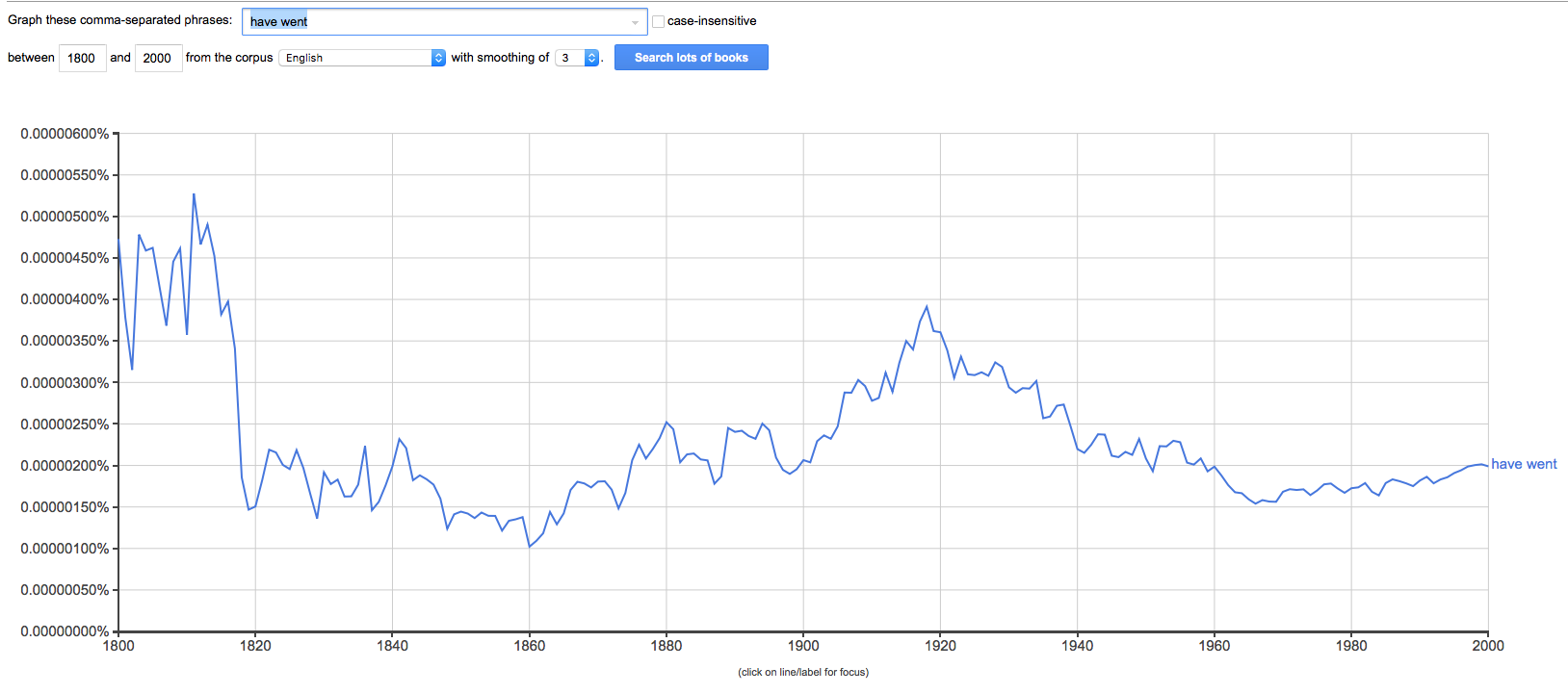
A Complete Collection of State Trials and Proceedings for High ..., Volume 14, Thomas Bayly Howell - 1708
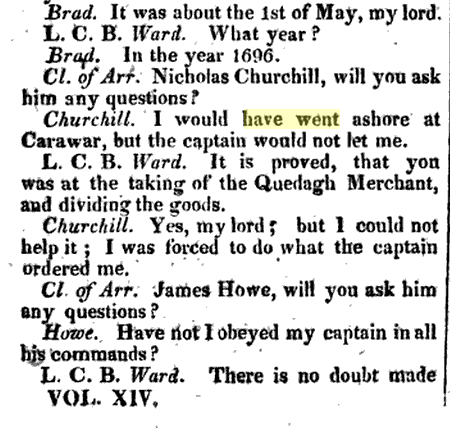
A Complete Collection of State Trials and Proceedings for High ..., Volume 15 - A.D. 1716
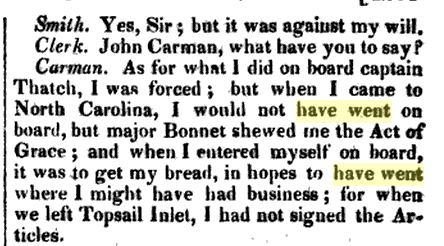
The Critical Review: Or, Annals of Literature - Volume 2 - Page 216 - 1804

Gentle Rebel: Letters of Eugene V. Debs, James Robert Constantine - 1995

Conclusion
According to Katherine Barber's blog:
Back in Anglo-Saxon times, "go" was fairly easy to conjugate. The
infinitive was "go", the past participle was "gone" and the simple
past was.... "goed". Bet you didn't see that one coming. Young
children still conjugate it this way. There was another verb, "wend",
which meant "move, turn, or change direction", and gradually came to
mean "go in a certain direction". This survives now only in the phrase
"wend one's way". The simple past was "wende". But from about 1200 on,
the form "went" started to be used for both the simple past and the
past participle of "wend": I wend, I went, I have went. Because of the
similarity in meaning between "go" and "move in a certain direction",
"went" migrated over to the verb "to go" and settled in there by about
1500 as its simple past, booting out "goed", and, in some varieties of the language, "gone" as well
Examples:
- 1642 W. Sedgwicke Zions Deliv. Ded. sig. A2v: A Judge that would have went right if the times had not beene bad.
- 1729 S. Switzer Hydrost. & Hydraul. 319: The Length of Time it [an engine] has went
Similarly, linguistlist.org says
With that in mind, if you belong to a dialect community in which
people consistently say "I have went..." instead of "I have gone...",
then among your friends and community, there is nothing wrong with "It
seems to have went well." If writing to someone outside the community,
or a formal document or school assignment, it were better to use "It
seems to have gone well." If your community of English generally says
"I have gone..", then "to have went..." in that case is in fact
"incorrect", that is, ungrammatical -- contrary to the patterns of that dialect. [...]
[...] Formerly in English many centuries ago, the forms of 'go' were
like German 'gehen' Ich gehe, Ich ging, Ich bin gegangen.' I believe
it is the case that in some Scots dialects, the past tense may still
be "gang" or something like that. But most English dialects replaced
the old past tense of 'go' -- gang-- with the past tense of the verb
'wend' wend, went, wended. It belongs to the spend, send, rend,
lend.... group of verbs. This is what we call a suppletive verb -- a
verb some of whose forms bear no phonological connexion with its other
forms, almost always if not always because they originally came from a
different verb. In German, sein is a good example of a highly
suppletive verb, as is 'be' in English. So the present is 'sie ist', past is 'sie war' but the perfect is 'sie ist gewesen'.]
Grammaticalness of "have went" depends on whether it is a phrase commonly used in your local area or dialect and that can be questioned by other communities which regulate "Standard English":
To a linguist "usage" is a matter of statistics -- not "rules" handed
down from some self-appointed usage arbiter. So we tell you what
people say, not what they "ought to" say. Since many societies in
which English is spoken are stratified, some of the dialects have more
social prestige than others. But no way of speaking English spoken
consistently by a community of native speakers is "wrong".
It is also common in spoken African American Vernacular English (AAVE) according to this paper to say "have went". The author of the paper suggests that "have went" is common in spoken AAVE but may not be common in writing even when other features of AAVE are present:
Constructions as I had did report cards for my student teaching...,
although common in AAVE (the use of the past tense rather than past
participle in irregular verbs: “I should have went”) are very
rare in these papers. Almost all AAVE usages involve dropped
endings.
This further supports the distinction between dialect and sociolect, and how the dialectical "have went" has little to do with a sociolect such as AAVE.
The difference between dialect and sociolect
"Geographic dialects are varieties associated with speakers living in
a particular location, while social dialects are varieties associated
with speakers belonging to a given demographic group (e.g., women
versus men, or different social classes)" (Dimensions of Register Variation, 1995).
[...] A sociolect's main identifier is socioeconomic class, age, gender, and ethnicity in a certain speech community.
The problems with this distinction between dialect and sociolect:
Peter Trudgill coined the term “sociolect” to denote dialects which
are most clearly linked to some kind of social group such as class,
gender, subculture, or ethnicity rather than geographic location.
However there is usually more than one dimension to this – thanks to
the nature of British English where there are often multiple varieties
spoken in the same place, and more "prestigious varieties" have a higher
degree of levelling, every variety of British English can be both a
regional dialect and a sociolect in different measures.
But for all intents and purposes, we shall take them by how the sociolinguist Peter Trudgill defines them:
The main distinction between a sociolect and a dialect, which are
continually confused, is the settings in which it is created. A
dialect's main identifier is geography: a certain region uses specific phonological, morphosyntactic or lexical rules.
Trudgill, Peter. A Glossary of Sociolinguistics.
Oxford; New York: Oxford University Press, 2003. Print.
Why have went is not a sociolect
Have went has been used historically in the past and not just with the lower class but also the upper class and those who are seen to have power.
A US Senate page from the 1800s in his transcript cites:
Many a night have I stayed till eleven and twelve o’clock folding
speeches for Senators Clay, Benton, Calhoun, and Webster and other
senators. Remember we had in those days no paste, we had to use
wafers. I have went home often and told my mother that my tongue was
blistered with using red wafers. She would say, “I wish something else
could be found in their place, they will poison you.” I have folded as
many as six thousand before I went home at night.
What is a Senate?
An assembly or council usually possessing high deliberative and
legislative functions, such as:
- the supreme council of the ancient Roman republic and empire
- the second chamber in the bicameral legislature of a major political unit (such as a nation, state, or province)
Who was he?
- Isaac Bassett began his Senate career in December 1831, at the age of 12
- The US Senate page program is one of the most selective and prestigious in the United States
- The school he attended was accredited by Middle States Association of Colleges and Secondary Schools (which regulates public and private schools)
- His education was rigorous and was subject to expulsion if they did not maintain the necessary grades and had 5-6 hours of homework each night.
- He was described as by other Senate members “testimonial of their personal regard and of their high appreciation of the intelligence, the promptness, the accuracy, and the conscientious fidelity”.
Therefore, have went is not only restricted to that of socioeconomic class, gender or ethnicity; but those who are "educated" and "upper class" as well.
Other examples include:
Frank Abagnale (as Mari-Lou exemplified):
And the word "Pan Am" and the special styling and graphics that would have went on the fuselage went perfect across the top of the card. And the clear decal on the laminated plastic made a beautiful identification card.
Who was he?
He is one of four children and spent the first sixteen years of his life in New Rochelle, New York.
His father was an affluent local who was very keen on politics and theater, and was a role model for Abagnale Jr. His primary school education was in a Catholic school.
Both persons goes to show that sociolect has little influence on a person's ability to be able to use "have went" instead of "have gone". But is rather more influenced by geographical influence. Examples include:
- Is the past participle dying in US English? I hear "I should have
went", or "I must have did it" etc with a lot more regularity from
educated people.
- In Scotland, it's extremely common to hear the phrase "should have went" in everyday speech
Testimonies:
https://www.englishforums.com/English/HaveWentVsHaveGone/dqggj/post.htm
I just wanted to support the post about it being a dialect, and I'll
go even further. This is a characteristic dialect in American English,
particularly in the midwest, where it is the norm for not only
"uneducated" people, but for educated people as well. Now, according
to prescriptivist grammar, yes, this is incorrect, but I'm a
descriptivist myself, and have no problem accepting when people speak
in their local dialects.
https://groups.google.com/forum/#!topic/alt.english.usage/tS-EmWs77EM
It's not exactly new, I've been hearing it as standard in Scots the
whole time I've been here (nearly 40 years) - I got the impression it
was a few centuries old.
Oddly, on googling for Scottish uses of the "have went" construction, a large proportion of them are in writing about football.
The reason why I think have went is a feature of dialect, as well as all the other reasons above, is because: "one of the most common differences between dialects is the way in which past tenses are formed"; "have went" is a past tense that is in competition with "have gone" across different regions of different countries and is similar to how "was vs were" differs across regions too (even in the same country), depending on where you live.
However, I feel like this quote fully summarises everything:
Just as speakers with a broad accent do not reflect their
pronunciation in writing, most people whose speech is characterised by
non-standard grammar, switch to more standard forms in writing.
However, there is a great deal of difference between written and
spoken language, both in terms of purpose and audience, and this is reflected in their different grammars.
- Therefore, why n-gram reported more usages of have went in direct
or indirect speech and rarely in continuous prose because it is a feature of dialect.






